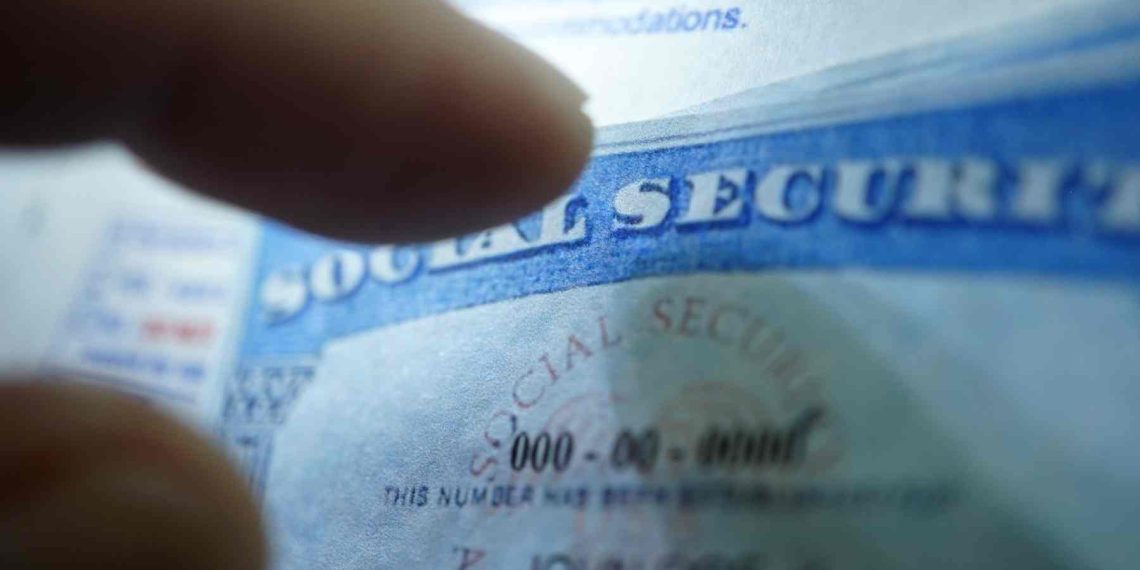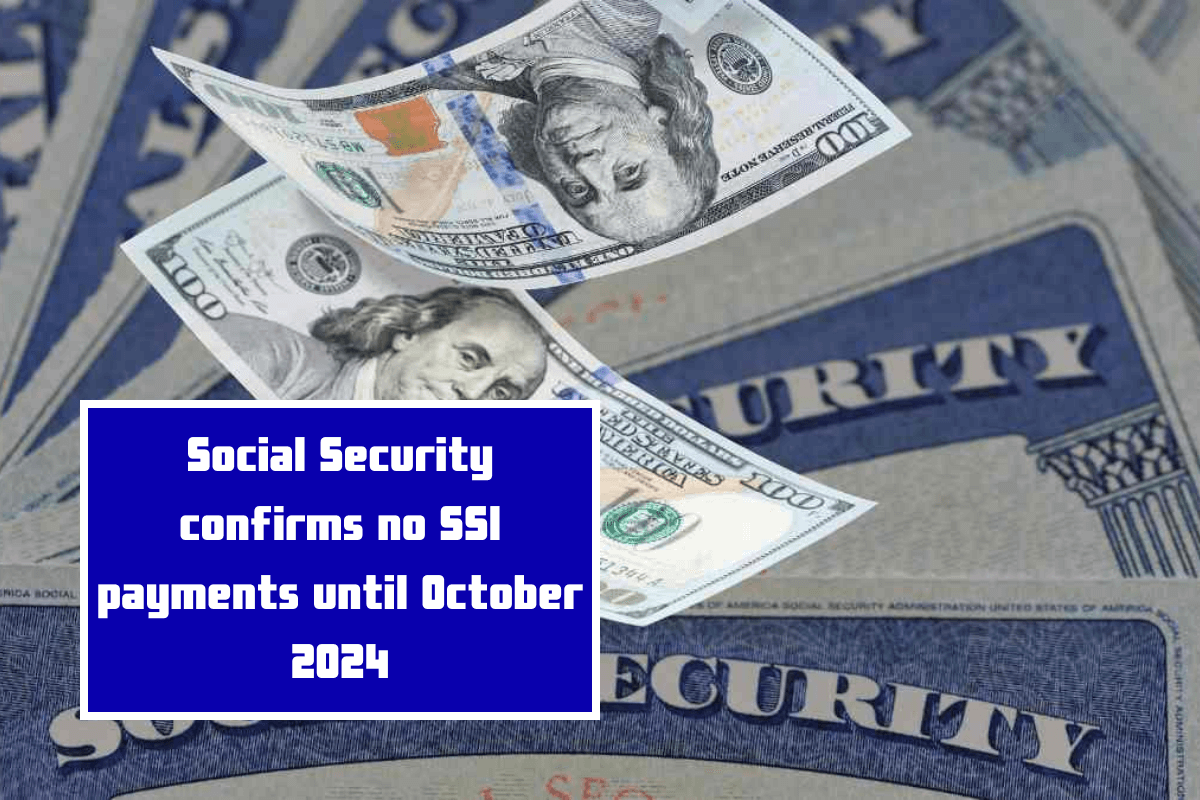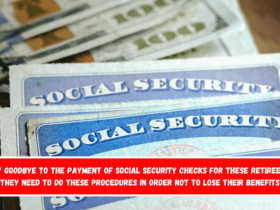The Social Security Administration has stated that people who get Supplemental Security Income (SSI) will not get any more money until October.
People who depend on these funds to meet their basic needs are worried about this change in the payment plan. If this delay affects you, it’s important to know why payments are being held up and how to handle your money until they start again.
The Supplemental Security Income (SSI) program helps people who don’t have enough money to pay for their basic needs because they have a disability, a low income, or are over 65 years old. This program, which is run by the Social Security Administration (SSA), helps millions of Americans make ends meet by giving them monthly payouts.
What is the Social Security SSI program and how does it work?
This money is very important for people who are having a hard time financially because it helps pay for things like food, shelter, and medical care. Unlike other Social Security services, SSI doesn’t get its money from Social Security contributions.
Instead, it comes from the U.S. Treasury. In this case, the difference means that the program is only for people who can’t work or have very little revenue.
Key dates in the SSI payment schedule
Here are the important dates for SSI payments for the rest of the year:
- September advance payment: August 29
- October payment: October 1
- November advance payment: October 31
- December payment: December 1
You can see that there won’t be any direct payments in September or November. However, the people who are supposed to get the money will have already gotten it. It is important to remember this so that you don’t have any money problems during these months.
Changes to the Social Security payment schedule
The Social Security Administration plans out when all the services it runs will be paid every year. Not all SSI payments are made on the first of the month. If the first of the month comes on a weekend or holiday, the schedule may change. This means that the payment is moved to the last work day before the due date.
People who get SSI should know that they will not be getting paid in September or November of this year or next. What this means is that the benefits for these months have been moved up, not lost. As an example, people who were supposed to get a September payment got it on August 29. They will get a November payment on October 31.
These changes can be hard to understand, but it is very important for receivers to plan their spending around them.

How much money do SSI recipients receive?
People who get SSI get different amounts depending on their unique situations. The monthly payments are usually around $698, but they can go up or down based on the person receiving the aid and their resources. For example, single people who meet the requirements can get up to $943 a month, and couples can get up to $1,415 a month.
Some recipients may also get more changes if their personal situation changes or if a cost-of-living adjustment (COLA) is passed. The COLA is usually announced in October and starts to apply in January.
What should SSI recipients do if they miss a payment or receive an incorrect amount?
As soon as possible, call 1-800-772-1213 or go to a nearby Social Security office to talk to the Social Security Administration (SSA). Describe the problem with the missed or wrong payment.
If you were underpaid, the SSA will look into it and either give you a lump sum or raise your monthly amounts to make up the difference. Please show any proof that can help fix mistakes in your salary record.
If you overpaid, you will get a letter telling you what happened and what you can do about it. You usually have to pay the money back, either by getting less money in benefits in the future or getting a lump sum back.
Read Also :- 50 dollars extra for these retirees if the Social Security COLA projection gets it right











Leave a Reply